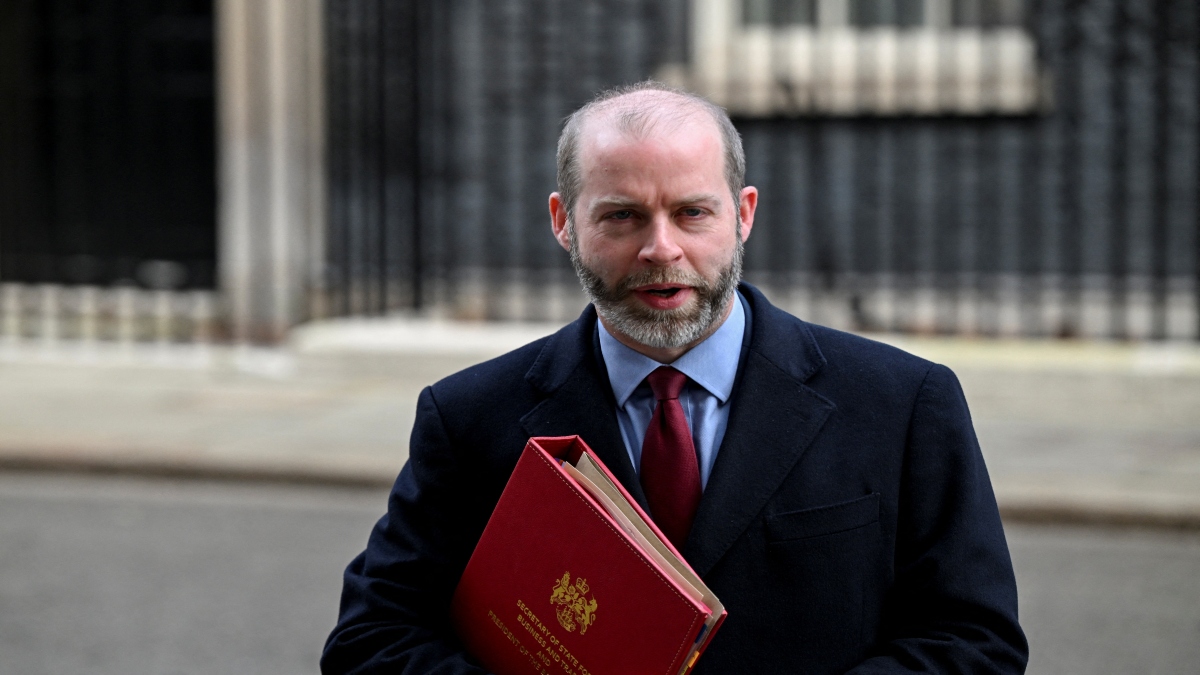The United Kingdom is all set to relaunch the negotiations with India this week to clinch a multibillion-pound free trade agreement. UK’s Business and Trade Secretary Jonathan Reynolds flew to Delhi on Sunday to meet his Indian counterpart Piyush Goyal, hoping, that an FTA with India would help the UK’s flatlining economy.
This was the first India visit of Reynolds since the Labour Party came to power last year. According to The Guardian, the trip would kickstart the 15th round of trade negotiations with India, months after they were paused when former UK PM Rishi Sunak called the general election. Conservatives have often claimed that a solid trade deal with India should be considered as one of the “biggest prizes of Brexit”.
While speaking to The Guardian, Reynolds emphasised that sealing the deal with New Delhi was a “top priority” for him and that he’s “not afraid to take the tough decisions needed”. “We’ve seen trade secretaries come and go, and while their efforts have been sincere, it’s no secret that British businesses have nothing to show for it in terms of a final product,” he told the British news outlet. “They need a trade deal they can actually use to cut costs, grow their business and expand in the massive Indian market. That’s what this government is going to get them," he added.
What’s on the agenda?
During his visit to India, Reynolds and Goyal will pay a visit to BT India’s office in Gurugram. Meanwhile, Poppy Gustafsson, the investment minister, is expected to hold business engagements in Mumbai and Bengaluru. Saif Malik, the chief executive of Standard Chartered, which has been operating in India for more than 160 years, called the visit “significant”.
“Whether it’s improved access to India’s growing consumer market, opportunities in manufacturing, infrastructure and innovation, or collaboration in financial and professional services, the relaunch of trade talks can unlock even greater trade, investment and prosperity across the UK-India corridor,” he told The Guardian.
As a part of the deal , the United Kingdom has asked for lower tariffs on goods such as cars and whisky, and increased access for British lawyers and financial services companies to the Indian market. In return, New Delhi has asked for faster and easier processing arrangements for its companies to send workers to the UK.
Not an easy task
It is pertinent to note that India and the UK are the fifth and the sixth largest economies in the world, respectively. India is forecast to become the third-largest economy in the world by 2028. New Delhi, however, is known to be a notoriously tough negotiator on trade. Prime Minister Narendra Modi’s government signed a £79bn agreement with the European Free Trade Association – a bloc made up of Norway, Switzerland, Iceland and Liechtenstein – in the spring. However, the deal was sealed 16 years after the talks first began.
Former UK Prime Ministers Boris Johnson and Liz Truss both set Diwali deadlines to reach agreements but failed to get them over the line. When Sunak was in power, negotiations got close to the finalising stage. However, everything was put on hold after the Conservative premier called for elections in the UK.
Impact Shorts
More ShortsOne sticking point of the deal has been New Delhi’s concern that Indians working temporarily in the UK on business visas have to pay national insurance despite not being eligible for UK pensions or social security benefits. According to The Guardian, India has also asked for an exemption from the UK’s planned carbon border adjustment mechanism (CBAM) – a planned tax on the import of carbon-intensive goods such as steel, glass and fertiliser.
India argues that it is a developing nation and will face the burden of such taxes. However, any decision to exempt India from a carbon tax would be controversial since the plans aim to reduce emissions and support UK steel producers in the international market. Hence, it will be interesting to see how this will play out.


)

)
)
)
)
)
)
)
)



